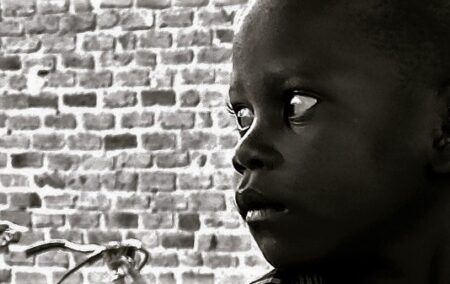In 2016, 5 588 000 children in South Africa lived in households where there was no employed adult.
This represents a decline of 1.5% from the previous year. Despite the decline, 5 588 000 still represents a third of all children living in a household without a working adult.
The majority of these children (1 490 000 children) are located in KwaZulu-Natal (KZN). KZN also has the largest share of children in a household without an employed adult, of all the provinces, which increased from 24.5% in 2015 to 26.7% in 2016. The Eastern Cape also performs poorly. The Eastern Cape’s share of the total number of children in South Africa in 2016 was 13.1% yet its share of all children living in a household without an employed adult stood at 22.4%.
Having no employed adult in a household of course diminishes a child’s prospects of having a stable and healthy life. The value of child support grants in 2018 was a mere R405. This is severely inadequate to meet the needs of a child. In 2016 there were more than 22% of households in South Africa where food access was inadequate or severely inadequate while 15 539 children under the age of five years were admitted to hospital due to severe acute malnutrition. Furthermore, in 2016, 6.8% of 7 to 15 year-olds gave “no money for fees” as a reason as to why they were not attending an educational institution. A fifth of 16 to 18 year-olds were unable to attend an educational institution for the same reason.
“No money for fees” should raise concerns given that the Department of Basic Education and its provincial counterparts provide schools for poor children which are non-fee paying. One questions what is actually happening in the provision of education for these poor.
Many of South Africa’s social ills such as poverty, school dropout rates, alcohol and drug abuse, hunger and crime can be attributed significantly to the lack of a stable family environment. Employment is a major component for such stability. Yet, South Africa has largely been incapable of combating one of the highest unemployment rates in the world. Thus, millions of children will face a bleak future, and since they are the supposed leaders of tomorrow, so will South Africa.
Gerbrandt van Heerden is an analyst at the IRR
If you like what you have just read, become a Friend of the IRR if you aren’t already one by SMSing your name to 32823 or clicking here. Each SMS costs R1.’ Terms & Conditions Apply.

